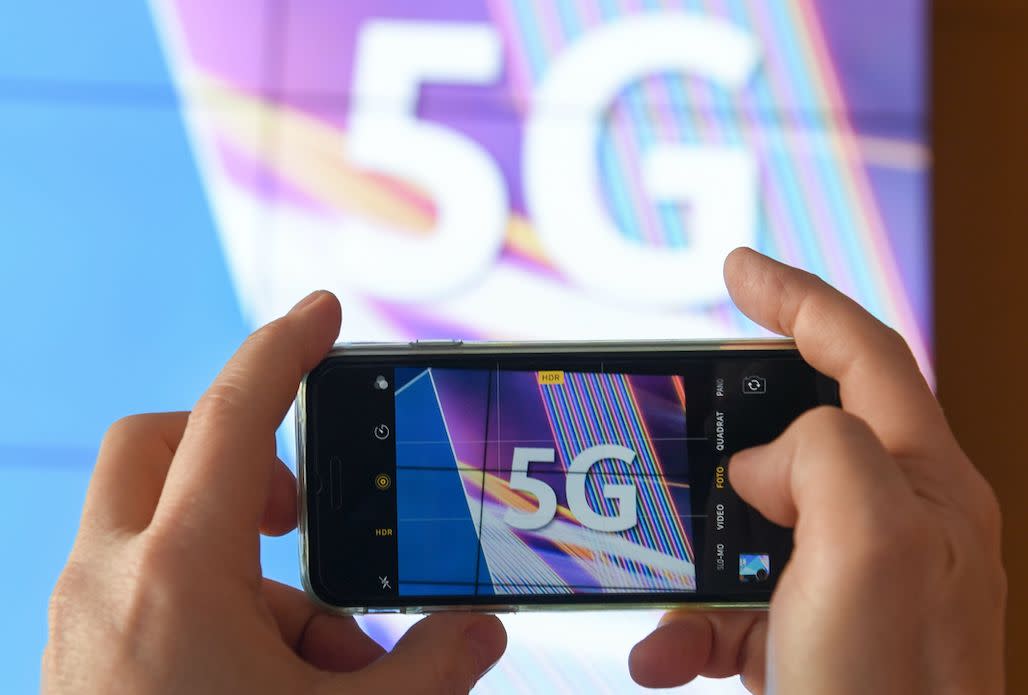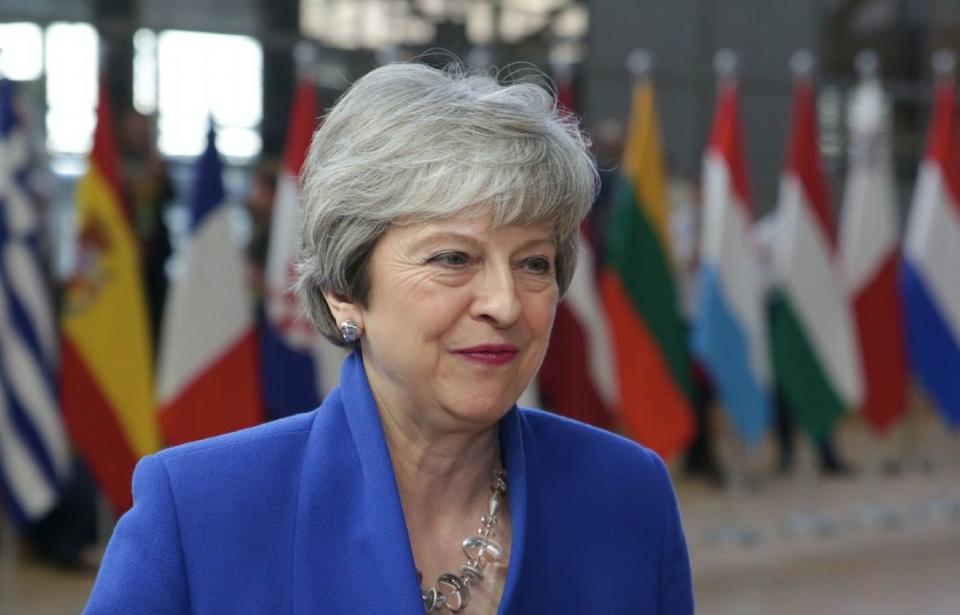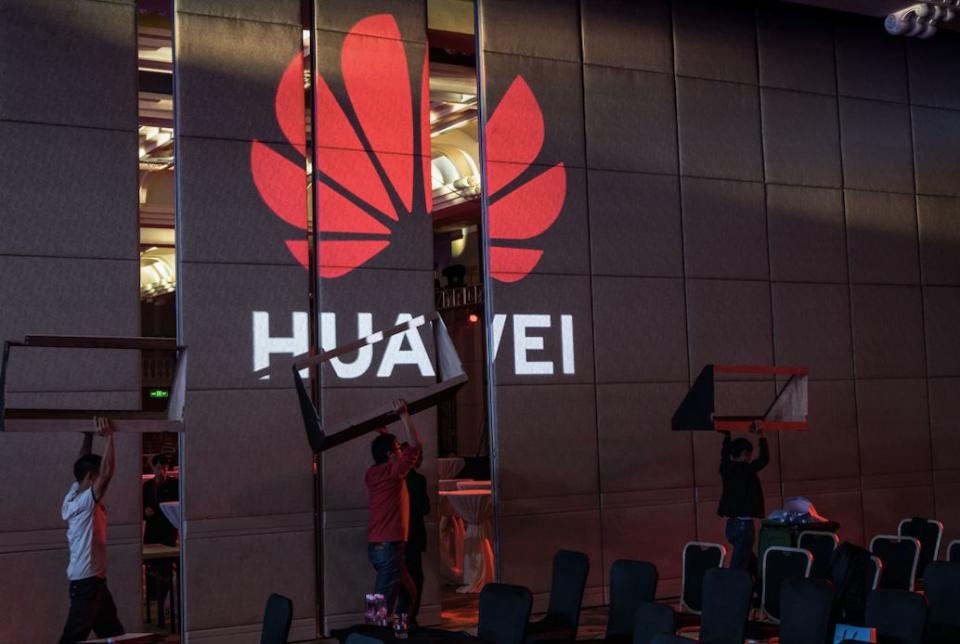What is 5G? As PM approves Huawei rollout, everything you need to know about 'next gen mobile network'

Theresa May has announced that Huawei will help build Britain’s new 5G network - despite warnings of the potential threat to national security.
The National Security Council (NSC), chaired by the Prime Minister, agreed on Tuesday to allow the Chinese telecoms giant limited access to build "non-core" infrastructure such as antennas, according to the Daily Telegraph.
However, ministers including Home Secretary Sajid Javid, Foreign Secretary Jeremy Hunt, Defence Secretary Gavin Williamson, International Trade Secretary Liam Fox and International Development Secretary Penny Mordaunt were said to have raised concerns about the decision, according to the Telegraph.

Downing Street refused to comment on the report. A spokeswoman said: "We don't comment on NSC discussions.”
Some critics have expressed concerns that the Chinese government could require the firm to install technological "back doors" to enable it spy on or disable Britain's communications network.
Last month a Government-led committee set up to vet Huawei's products said it had found "significant technological issues" with its engineering processes leading to new risks to the UK network.

What is 5G?
Following 2G, 3G and 4G, 5G is set to be the fifth generation of mobile networks that will be much faster and more reliable than current 4G speeds.
When is it expected to launch in Britain?
Sooner than you might think - the four main mobile network operators (EE, O2, Three, Vodaphone) are all set to launch 5G in summer this year, although an exact date has not yet been announced.
However, the rollout will not be nationwide, with only major cities like Cardiff, Edinburgh, Belfast, Birmingham, London and Manchester benefitting from the technology.
Read more from Yahoo News UK:
Sri Lankan police carry out controlled explosion on scooter
Theresa May ‘planning fourth vote on Brexit deal’
Gaming ‘causes no ill effects’ in young boys
The availability of 5G for broader use by the whole country is not expected until at least 2022 - or later.
A 5G mobile network is also set to be tested during Glastonbury as part of EE’s ongoing trials of the technology.
EE has said it will install five temporary masts across the Worthy Farm site, which will enable festival-goers to connect to 2G, 3G, 4G and for the first time 5G networks.

How much faster will 5G be?
With speeds in excess of 1Gb per second - rising to an expected 10Gb per second, 5G is set to transform how we watch films and listen to music.
To put those speeds into perspective, the 10Gb/s is roughly 100 times faster than 4G, meaning phones and tablets with the tech will be able to download movies in as little as four seconds.
To download a movie on standard 4G would take more than seven minutes, while it would’ve taken over a day for 3G to download.

How much will it cost?
New phones will be needed to handle 5G, which means investing in a phone capable of utilising it.
UK networks have not yet announced their plans for the high-speed contracts but 5G-enabled phones currently coming to the market are already pricey - and companies may charge over £1,000 for a handset.
What else can we expect?
A greater capacity means that more devices - like fridges, televisions and cars - will become more able to be connected to each other, potentially leading to a surge in ‘smart’ homes.
More devices will be able to be controlled remotely from anywhere in the world - including drones, medical robots and even entire factories.


